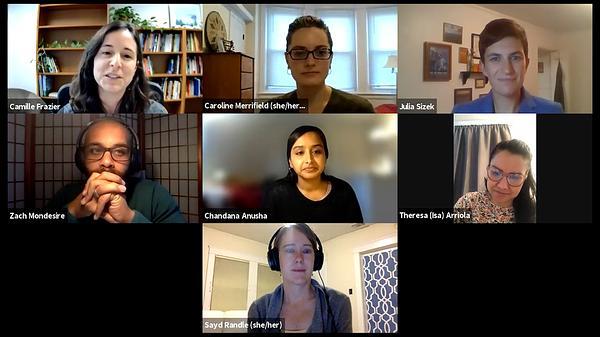Would you like to see your presentation here, made available to a global audience of researchers?
Add your own presentation or have us affordably record your next conference.
keywords:
brazil
affect
politics
Brazil changed drastically in the 21st century’s second decade. In 2010, the country’s outgoing president Lula left office with almost 90% approval. As the presidency passed to his Workers' Party successor, Dilma Rousseff, many across the world hailed Brazil as a model of progressive governance in the Global South. Yet, by 2019, those progressive gains were being dismantled as the far right-wing politician Jair Bolsonaro assumed the presidency of a bitterly divided country. Digging beneath this pendulum swing of policy and politics, Precarious Democracy: Ethnographies of Hope, Despair and Resistance in Brazil conveys how these transformations were made and experienced by Brazilians far from the halls of power. Bringing together powerful and intimate details from Brazil's megacities to rural Amazonia, this roundtable will convene contributors from the edited volume to demonstrate the necessity of ethnography for understanding social and political change, and provide crucial insights on one of the most epochal periods of change in Brazilian history. Within these broader ethnographic contexts, this discussion will emphasize how affect shapes political subjectivity under crises and changing conditions of possibility. This roundtable will, moreover, reconsider contributions to this text alongside important updates about the contemporary moment in Brazil, especially in light of the pandemic.

